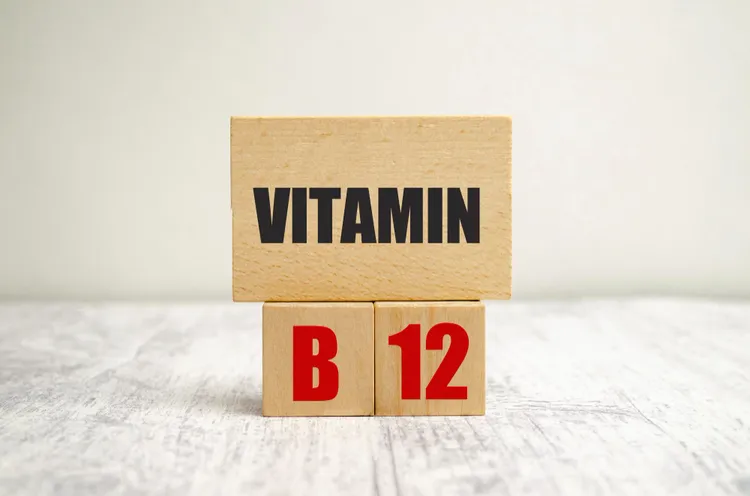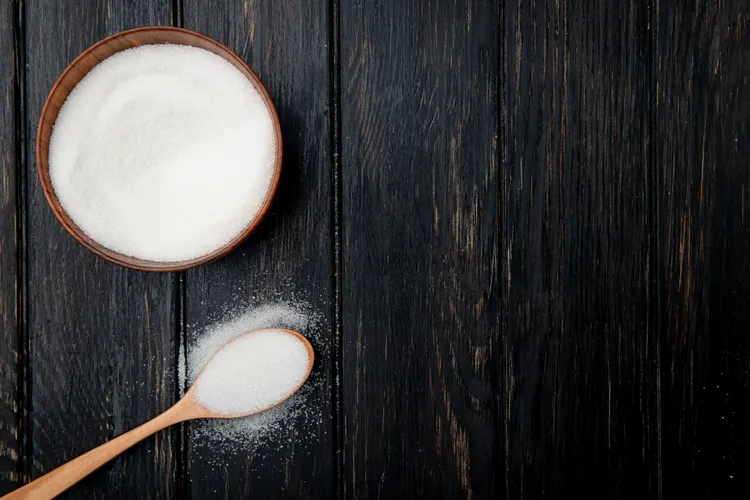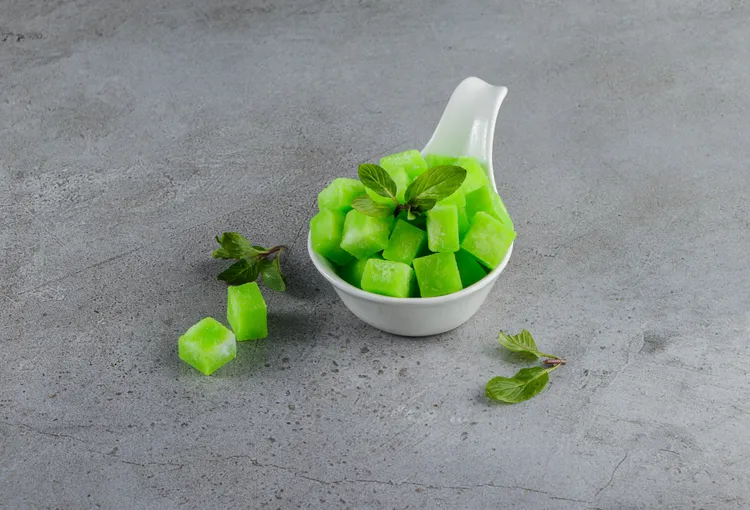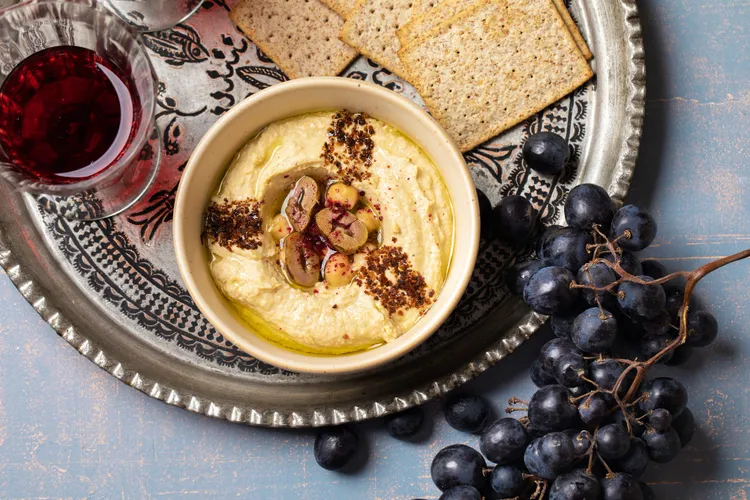Vitamin B12-Rich Foods: What to Eat for Energy, Brain Health & Vitality
In the world of essential nutrients, Vitamin B12 (also known as cobalamin) holds a unique place. It’s critical for energy production, red blood cell formation, nerve function, and even DNA synthesis - yet it’s one of the most common vitamin deficiencies, especially among vegetarians, vegans, and older adults. The good news? Vitamin B12 can be found in a variety of delicious foods - if you know where to look.

What Is Vitamin B12?
Vitamin B12 is a water-soluble vitamin that helps:
- Form red blood cells
- Prevent anemia
- Maintain brain and nervous system health
- Support DNA and RNA synthesis
- Convert food into cellular energy
Unlike most other vitamins, B12 is only naturally found in animal-based foods, making it a nutrient of concern for those on a vegetarian or vegan diet.
Additionally, B12 absorption depends on a healthy digestive system, especially the stomach and small intestine. This is why older adults and those with gut issues may become deficient - even if their diet is sufficient.
Signs and Symptoms of Vitamin B12 Deficiency
B12 deficiency can develop slowly, sometimes over years. Watch out for these signs:
- Fatigue and weakness
- Brain fog or poor memory
- Tingling or numbness in hands and feet
- Pale skin
- Shortness of breath
- Depression or mood swings
- Glossitis (inflamed tongue)
- Vision disturbances
- Balance problems
If left untreated, long-term deficiency can lead to nerve damage and irreversible neurological issues.
Top Animal-Based Foods High in Vitamin B12
These are the most bioavailable (easily absorbed) sources of B12.
- Beef Liver
- B12 content: ~70–80 mcg per 3 oz (over 3000% of the RDI!)
- One of the richest natural sources of B12
- Also packed with vitamin A, iron, and copper
- Best consumed in moderation
- Clams
- B12 content: ~84 mcg per 3 oz
- Shellfish superstar - low in fat and high in iron and protein
- Excellent in pasta dishes, chowders, or grilled
- Sardines
- B12 content: ~8.2 mcg per 3 oz (340% of RDI)
- Rich in omega-3s, calcium, and vitamin D
- Great on toast, in salads, or pasta
- Salmon
- B12 content: ~4.9 mcg per 3 oz
- Also a great source of heart-healthy omega-3 fatty acids
- Delicious grilled, baked, or pan-seared
- Tuna
- B12 content: ~2.5 mcg per 3 oz
- Easy to find canned or fresh
- Great in sandwiches, sushi, or salads
- Trout
- B12 content: ~5.4 mcg per 3 oz
- High in protein and healthy fats
- Mild, flaky, and easy to cook
- Eggs (especially the yolks)
- B12 content: ~1.1 mcg per 2 large eggs
- Affordable and versatile
- Great boiled, scrambled, poached, or baked
- Milk and Dairy (cheese, yogurt)
- B12 content:
- Milk: ~1.2 mcg per cup
- Yogurt: ~1.1 mcg per cup
- Swiss cheese: ~0.9 mcg per slice
- Easily incorporated into meals and snacks
- Also rich in calcium and protein
- Chicken (especially dark meat)
- B12 content: ~0.3–0.6 mcg per 3 oz
- A leaner option with moderate B12 content
- Best paired with whole grains and veggies
Top Plant-Based and Fortified Sources of B12
Since B12 is not naturally present in plant foods, fortified products are key for vegetarians and vegans.
- Nutritional Yeast (Fortified)
- B12 content: ~2–6 mcg per tablespoon
- Has a cheesy, savory flavor
- Sprinkle on popcorn, pasta, or salads
- Fortified Breakfast Cereals
- B12 content: Varies (often 25-100% RDI per serving)
- Check the label for “cyanocobalamin” or “methylcobalamin”
- Best consumed with plant-based or dairy milk
- Fortified Plant Milks (Soy, Almond, Oat)
- B12 content: ~1.1-3 mcg per cup (varies by brand)
- Great in smoothies, cereal, or coffee
- Always shake before drinking - fortification can settle
- Fortified Meat Substitutes
- B12 content: ~1-3 mcg per serving (varies)
- Includes veggie burgers, tofu dogs, or faux meats
- Check for “B12” in the ingredient list
- Tempeh and Seaweed (Minor or Unreliable Sources)
- Some fermented and seaweed-based foods may contain small or inactive forms of B12
- Not reliable as a primary source
- Best used as supplemental variety - not as your main B12 source
Vitamin B12 Is a Nutrient You Can’t Afford to Miss
Vitamin B12 is a small nutrient with huge impacts - from brain and mood to energy and immunity. Whether you’re an omnivore, vegetarian, or fully plant-based, the key is to be intentional about getting enough.
To recap:
- Animal products are the richest natural sources
- Fortified foods are critical for plant-based eaters
- Supplements can help fill gaps when needed
- Always listen to your body and get tested if unsure
Discover our Vitamin B12-Rich Recipe Collection, featuring nourishing meals full of these essential ingredients.









